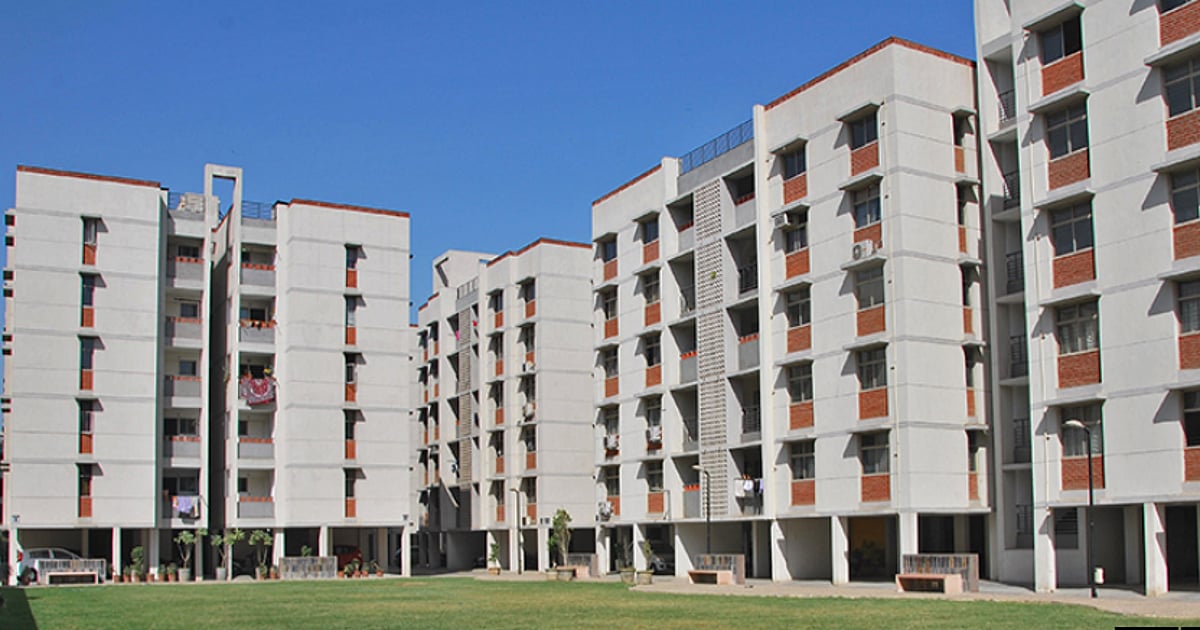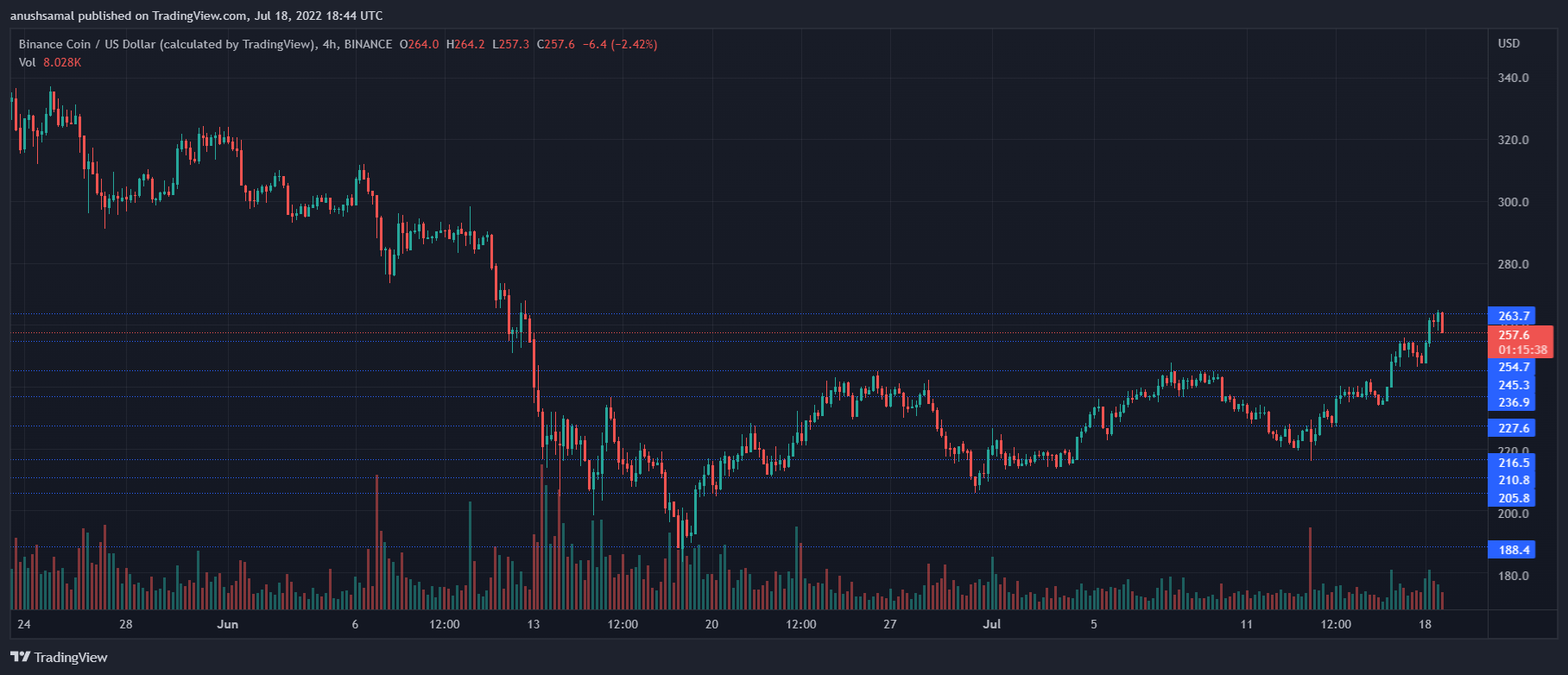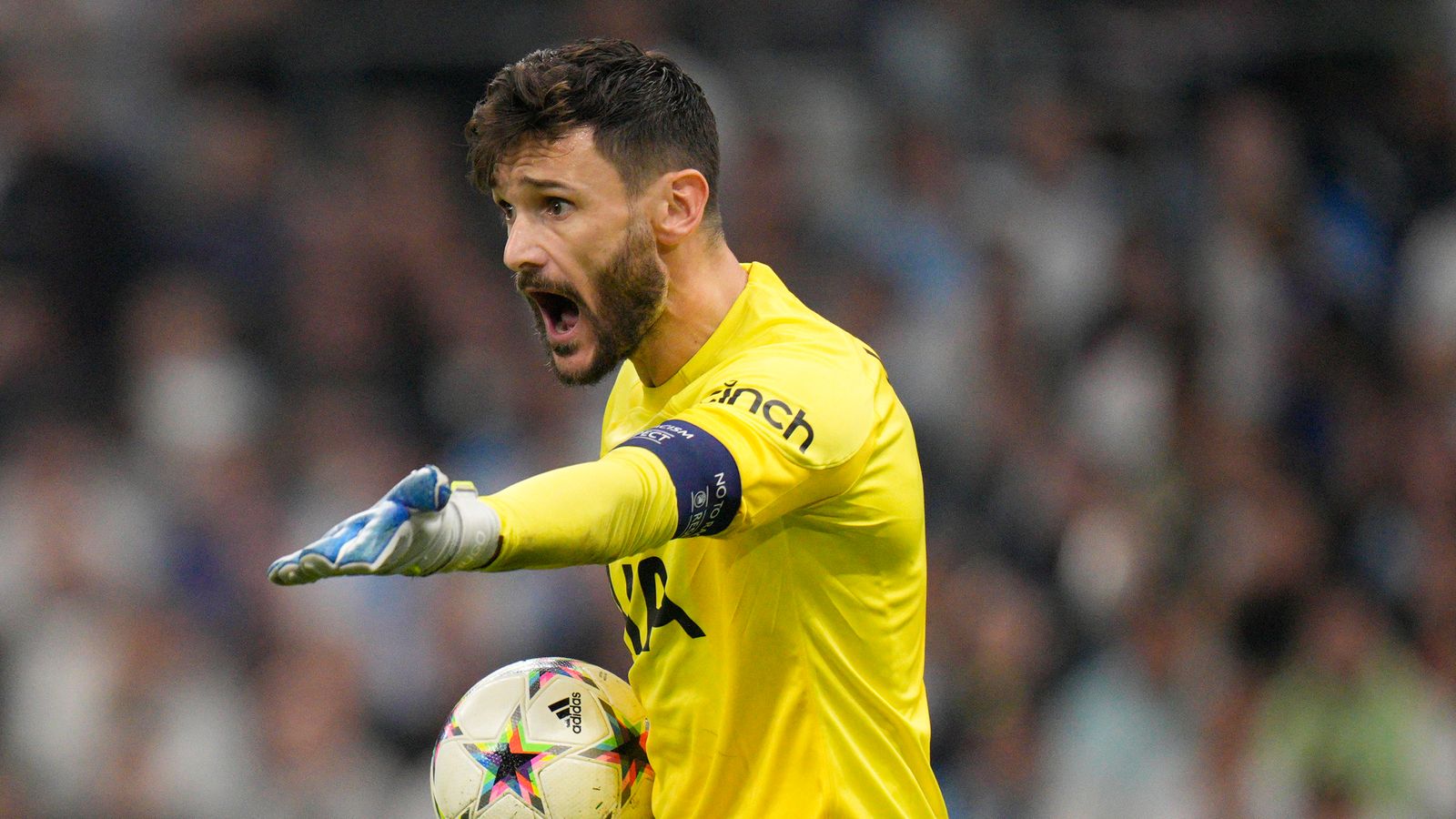Europe’s largest chip equipment manufacturer ASML said Washington’s latest export controls against China have a limited impact on the company’s equipment shipping plan for 2023.
“The direct implication for us is fairly limited,” ASML’s chief financial officer Roger Dassen said on Wednesday. “First off, as you know we are a European company. So there is not a lot of US technology in our tools.”
The Dutch chip gear supplier manufactures a variety of production tools and is the world’s only company capable of making extreme ultraviolet lithography (EUV) machines, essential equipment to produce advanced semiconductors.
Taiwan Semiconductor Manufacturing Co, Intel, and Samsung all rely on ASML’s deliveries and services for the EUV tools to build cutting-edge chips.
Dassen said ASML continues to ship non-EUV equipment out of Europe to China, as it evaluates the latest US export controls. He pledged the company would do “whatever it takes” to follow Washington’s guidelines.
This is the first time ASML has commented on the impact of the new export controls, which limit the ability of companies to provide services and products with American technologies without a licence to China’s semiconductor sector.
ASML, which has a stock market value of about $170bn, has been caught up in the US-China tech war with its planned shipment of an EUV machine to China’s contract chipmaking champion Semiconductor Manufacturing International Corp. The delivery has been held up since late 2019 because of mounting political pressure from Washington.
Dassen said that though ASML could ship non-EUV machines to China, there would be an indirect impact on its equipment demand. He predicted that Chinese clients may be forced to reduce orders because they cannot get other equipment from the US chip gear suppliers as a result of the new controls.
ASML’s prepared remarks came as it reported stronger than expected earnings results for the last quarter. It delivered €5.8bn net sales with a gross margin of 51.8 per cent for last quarter, above its previous guidance of between €5.1bn and €5.4bn, and a gross margin between 49 and 50 per cent.
For the full year, ASML expects revenue to grow by 13 per cent to €21.1bn with a gross margin approaching 50 per cent.
ASML said overall demand for the company’s equipment and systems remained strong and it believed expanding its capacity was “the right thing to do” despite uncertainties in the market, including inflation, deteriorating consumer confidence and the risk of an economic recession.
TSMC, the world’s largest contract chipmaker and a client of ASML, last week lowered its annual capital expenditure by about 10 per cent to $36bn this year because of a slowdown in demand for smartphones and PCs.
“Clearly there is uncertainty in the short term but the secular trends are there,” Dassen said, adding that push from economies to bring semiconductor production onshore also supports demand.
“I think that creates a situation that we’re seeing where the lion’s share of the customers are really still pushing us to get the tools sooner rather than later.”
















